 Writing is a long, difficult journey (one that never really ends), and you tend to pick up a lot of things along the way.
Writing is a long, difficult journey (one that never really ends), and you tend to pick up a lot of things along the way.
Like always keep a notepad on your nightstand. Or act out scenes to help you describe them (even if it makes you feel like a crazy person).
I’ve asked 7 awesome writers/bloggers to share their writing “secrets.” What tips and tricks have they discovered? Read on to find out!
Secrets for Writers
Brett Michael Orr is a young writer and blogger from Australia. He has been writing for several years, and is currently working on a Young Adult Science-Fiction novel.
Drafting is always a difficult process. There’s a lot of pressure when you’re staring at the infamous white page, that this your chance to write a scene from scratch, and it can be paralysing. There’s also pressure on word count–if you’ve only written a hundred words, it’s easy to feel really bad about yourself.Here’s the secret though–your book will go through at least one, if not four or five, major edits and rewrites–and that’s before it arrives at a publisher. There will be many, many opportunities to edit and ‘perfect’ that scene. You can’t perfect a blank page.Just write, take the quickest path through the scene to move your characters where they should be, and move on. When you edit, you’ll be deleting (or adding) paragraphs at a time, so don’t agonize over your draft. After all, first drafts are meant to be rewritten!
Heather from BitsNBooks enjoys writing Historical Fiction. Her research for her stories always allows her to learn something new. She also adds, “my aim is to make people cry (is that mean?).” Not at all, Heather 😉
If you have an idea for something but can’t seem to get it right, put yourself in the scene. What can you see, hear, smell, feel? I don’t know if it’s a thing all writers do, or if it’s just a weird me thing, but I try to imagine what the scene would look like if it were being made into a film (one day…I can dream, right?).
I know this definitely won’t work for everyone, but I always know what my ending is before I get too far into a piece of writing. The more I write the more I realise that a story will grow and change of its own accord. I think it’s for this reason that I need to have an ending so that I can keep it largely on track.
It’s like going on holiday–your plane might get delayed and you miss a connecting flight, but you still want to get to a particular destination eventually, so you’ll make new plans according to that destination.
E.K. Moore from A Cup of English Tea is a college student from the northwest of the United States. She writes an eclectic mix of genres and forms including (but not limited to): fantasy, realistic fiction, romance, magical realism, short stories, novels, novellas, flash fiction etc. She has finished five novels but has yet to be published. Regardless, writing is one of her favorite pastimes, and likely will be for many years to come.
Take breaks when you’re having writer’s block. Best options for me are hot showers or long walks to get creativity flowing again. For editing I recommend reading out loud. It helps you catch your own mistakes and often helps solidify first person voice if using that.
 Michelle from The Writing Hufflepuff lives in The Netherlands and has been making up stories for as long as she can remember; as soon as she learned to write she wrote them down. She mostly writes fantasy with a lot of angst and death, but also some lighthearted humor. She hopes to write for a living, but for now strives toward studying journalism next school year.
Michelle from The Writing Hufflepuff lives in The Netherlands and has been making up stories for as long as she can remember; as soon as she learned to write she wrote them down. She mostly writes fantasy with a lot of angst and death, but also some lighthearted humor. She hopes to write for a living, but for now strives toward studying journalism next school year.
A lot of people give the advice that you should always write, even if you don’t feel like it. I would like to give the opposite advice: if you’re not feeling it, because you’re tired or for any other reason–don’t write.
Writing should be something you love, not a chore. If you’d rather lie in bed and watch TV shows all day long, then go do that. That doesn’t make you a bad writer, it makes you a writer who just rather relaxes that day instead of forcing theirselves to write.
Do write whenever you can and want to, though, but not because you have to, or because you’re not a writer or a bad writer when you don’t, but because you love doing it.
I like to carry blank name tags in my purse and coat pockets. When an idea comes to me, I write it down on a name tag. Once I get home, I peel and stick the note into my project sketchbook or outline. It saves me from having to rewrite or transfer notes.
I stole this idea (can’t even remember from where), but it’s great! When I’m writing or editing and either don’t have internet access or don’t want to stop my forward motion to research something, I insert the word FLIBBIT into my manuscript.
Sometimes I tag a note after it (FLIBBIT: research bomb construction). Sometimes I even use it for parts I’m dissatisfied with (FLIBBIT: This character’s name sucks. Try again), or for situations I don’t have a solution for yet (FLIBBIT: Fix gaping plot hole to correct timeline inaccuracy).
It’s far enough away from being a real word that it’s easy to spot. When I have more time to address the problem, I search for all the FLIBBITs in my manuscript and update, correct, or rewrite those sections.
It makes me feeling better knowing I tagged the issue, even if I’m not going to fix it immediately. That gives me the peace of mind to work forward, and I know never to send out a manuscript to readers without addressing all those FLIBBITs first.
 Rae from What Happened to the Wallflower is a student at New Mexico State University studying English with an Emphasis in Creative Writing. She reads everything, writes strange things, edits, blogs, tweets, and drinks way too much coffee.
Rae from What Happened to the Wallflower is a student at New Mexico State University studying English with an Emphasis in Creative Writing. She reads everything, writes strange things, edits, blogs, tweets, and drinks way too much coffee.
Okay, so it’s not really a “secret,” but I wake up at 5 a.m. on the weekdays and spend until nearly 7 a.m. at my laptop, writing. This means that I don’t have the distraction of my roommate being awake, so my apartment is calm and quiet enough to give myself the kind of environment I can concentrate on my writing in.
It also gives me the added plus of making writing the first thing I do during the day, so I can concentrate on other matters later: school, work, homework. Scheduling my writing time like this has given me a lot more structure, and has forced me to be a lot more accountable toward what I write, and how much I get down a day.
 Briana Mae Morgan has been writing for as long as she can remember. Genre-wise she has settled into YA and NA fiction. She is currently writing a novel called BLOOD AND WATER. You can find out more about her novel and get writing advice on her website, and follow her on Twitter.
Briana Mae Morgan has been writing for as long as she can remember. Genre-wise she has settled into YA and NA fiction. She is currently writing a novel called BLOOD AND WATER. You can find out more about her novel and get writing advice on her website, and follow her on Twitter.
I have a couple of tips and tricks for writing. One is a website, focus@will. It plays ambient music that helps me concentrate and really get down to the business of writing. Also, there’s Write or Die, which is great for helping me avoid distractions while I write.
Above all, what helps me produce is remembering not to get it right, but to get it written. After all, you can’t edit a blank page. Turn off your inner editor while writing and you’ll be amazed how much more you get done.
Have you ever used any of the tricks in this post? Do you have some secrets of your own? Share them in the comments below!











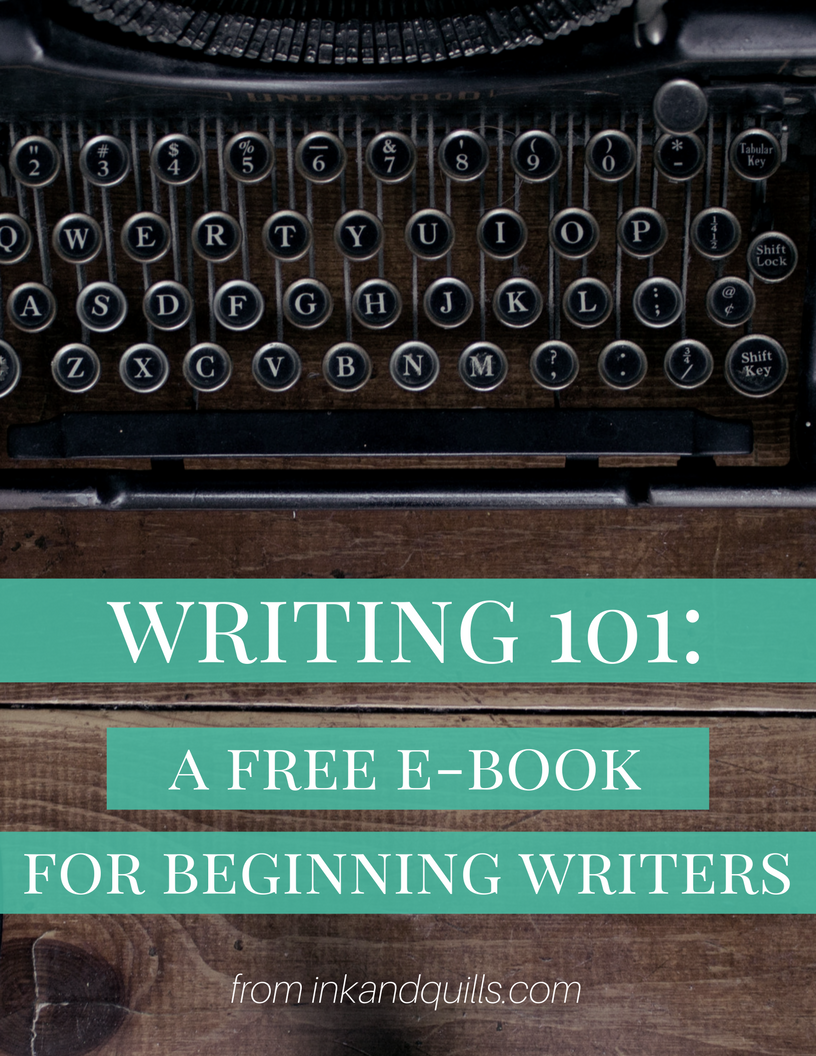

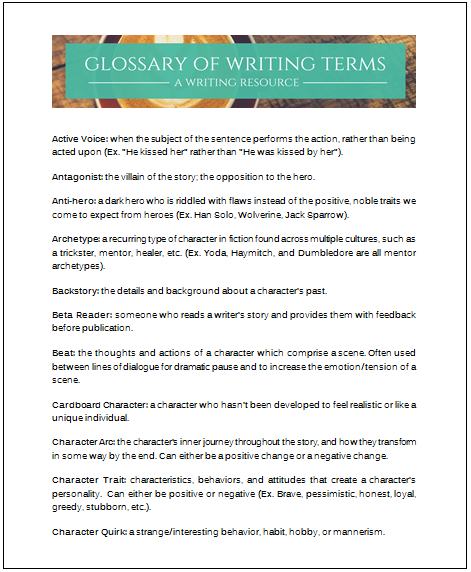

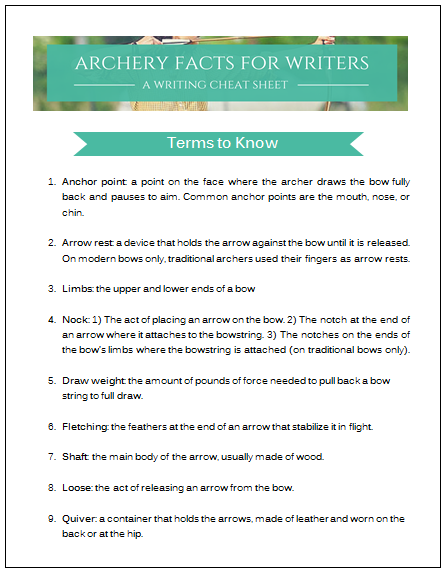



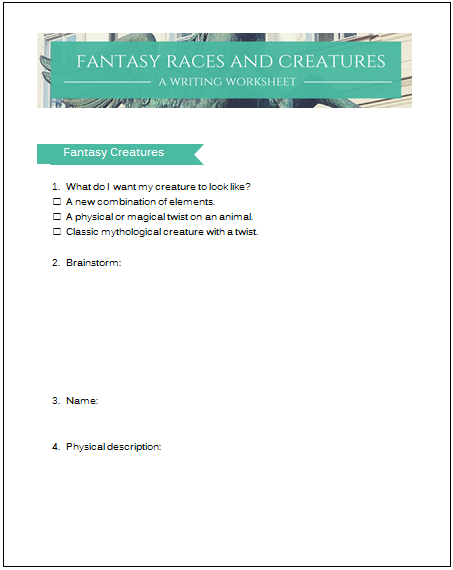


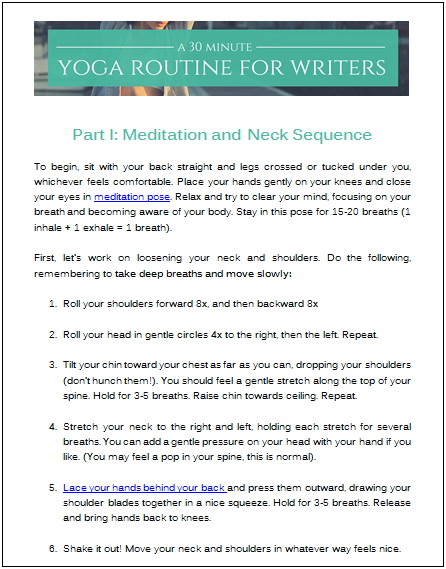
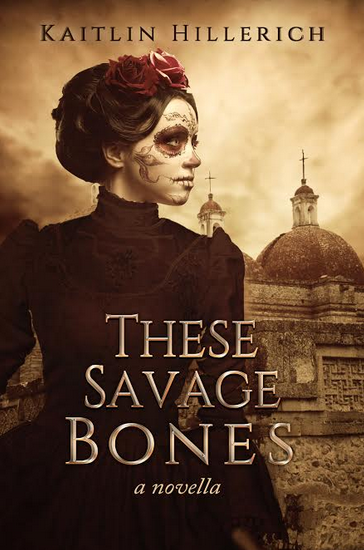
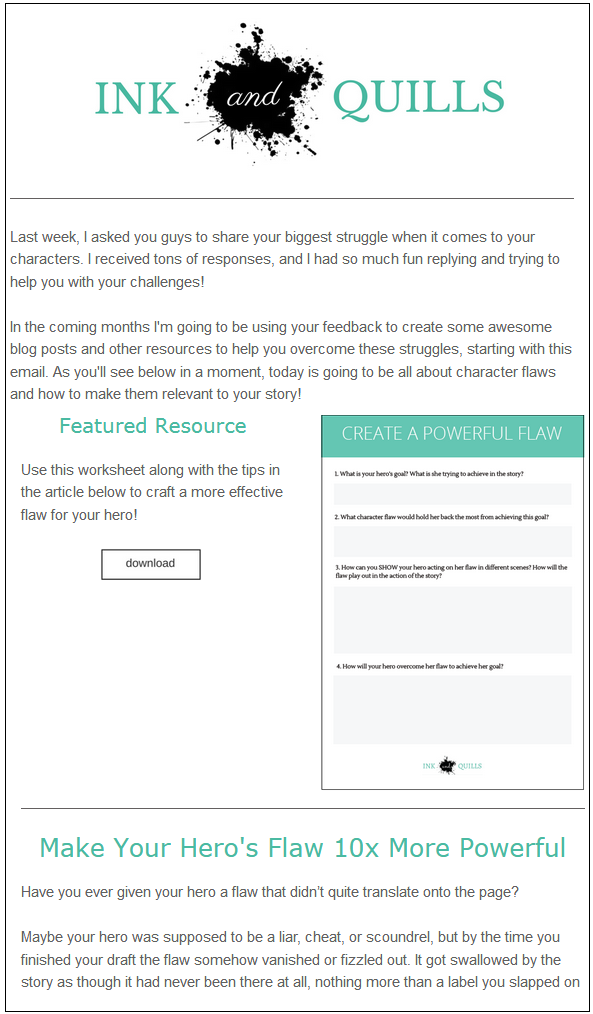
Thanks so much again for asking me to participate. I feel so official now!
And you were right – there is some great advice here from the others. And the shower advice from EK?? I thought I was the only one who did that – it’s especially helpful when I’m writing essays. Also, I’m stealing FLIBBIT,
Thanks so much for participating! 😀 There’s a lot of great advice here to steal 😉
It’s really interesting to see this variety of perspectives all in one’s place, and I’ve found a couplenew boilers to follow. Thank you~
Yes, I thought it was interesting how everyone came up with something different!
There are definitely some things I will use on here! Thank you for asking me to be a part of this 🙂 Again, it was fun!
Thanks again for sharing your advice! 🙂
This was so much fun to take part in! Thanks Kaitlin for having me. Everyone’s answers were so good, there’s a lot of great tips here!
No problem, thanks again for taking part! It was fun to see how many different tips everyone had!
I haven’t been on wordpress in a while, so this is a little late. But thanks so much for the mention! I really appreciate it! 🙂
You’re very welcome! Thanks for sharing your writing tips! 😀
thank you for sharing! this is totally awesome. i’ve read some of your post, and it really helped me to growing my ideas!
I’m so glad to hear that, Nadya! Good luck with all your stories!